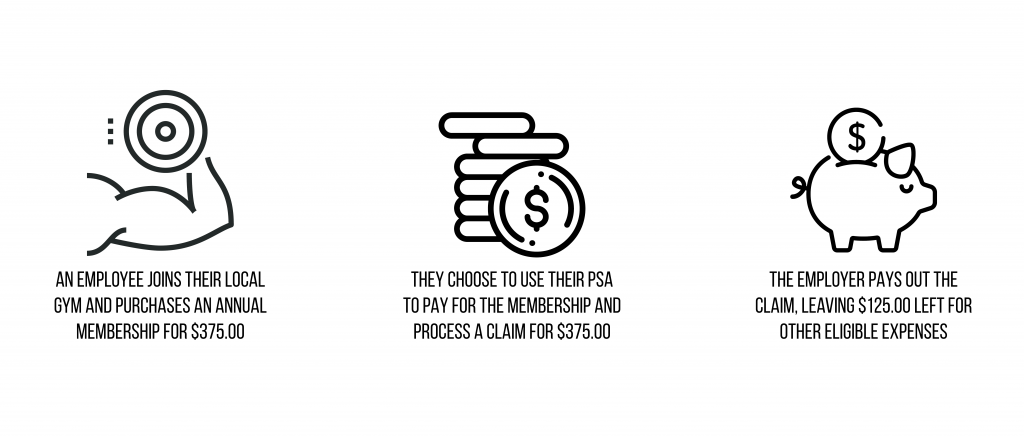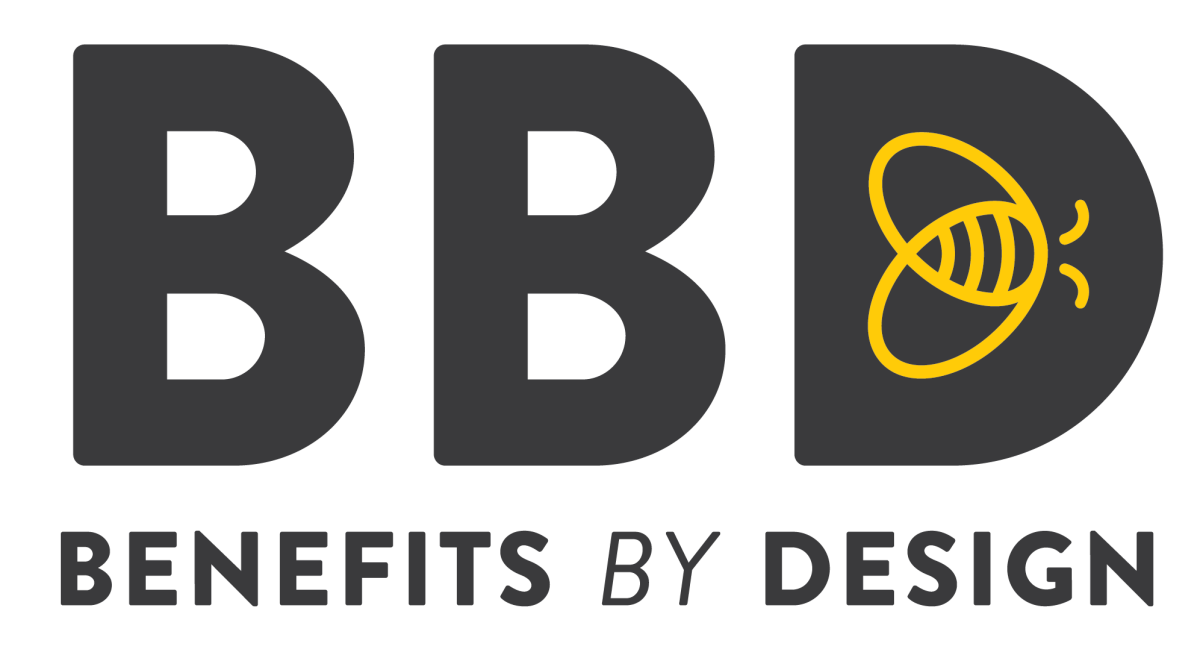What is a Personal Spending Account (PSA) and How Does it Work?
By: Benefits by Design | Monday June 12, 2017
Updated : Friday December 30, 2022
Personal Spending Accounts (PSA)s have been growing in popularity in recent years as the dynamics of the workforce shift and employees crave more choice and flexibility.
What Expenses are Eligible Under a Personal Spending Account (PSA)?
With five different generations in the workforce, employees’ wants and needs are more varied than ever before, so offering a solution that lets employees decide what to spend their money on is worth considering.
What is a Personal Spending Account (PSA)?
A Personal Spending Account (PSA) provides employees with additional health and well-being options. These options are generally over-and-above what is normally covered under a traditional benefits plan. Employees often place a lot of value on the perks provided through a PSA.
PSAs are also known as Wellness Spending Accounts (WSA)s.
Personal Spending Account (PSA) Eligible Expenses
Coverage options under a PSA are almost limitless. Employers set up their PSA and decide what will and will not be covered. They can set as many (or as few) parameters as they wish!
For example, here’s a few of some of the most common PSA eligible expenses:
- Personal training and consultation
- Gym, fitness centre, and annual memberships
- Child and elder care
- Hobby and general interest classes
- Education fees, tuition, and books
- Smoking Cessation Programs
- Safety equipment
- Alternative transportation
- Legal services
- … and more!
These are only some examples. There is no set list of eligible expenses under a PSA because employers can ultimately choose to cover as little or as many things as they want.
Work-Life Balance Support Through Lifestyle Spending Accounts
How Does a Personal Spending Account (PSA) Work?
When setting up a PSA, an employer will set the dollar amount available to each employee to use for eligible expenses (as determined by the employer).
For example, let’s consider a $500 PSA:

For example, an employee joins their local gym and purchases an annual membership for $375.00. They choose to use their PSA to pay for their membership and process a claim for $375.00. The employer pays out the claim, leaving $125.00 left for other eligible expenses.
Employers can choose to make the $500 dollars available to employees annually, or offer it in allotments given on a monthly or quarterly basis.
Spending Account Claims Submissions Deadlines and Carry-Forward Rules and Options
Is a Personal Spending Account (PSA) a Taxable Benefit?
Yes, a PSA is a taxable benefit and is considered part of an employee’s total compensation package. PSA contributions will need to be included on an employee’s T4 statement!


